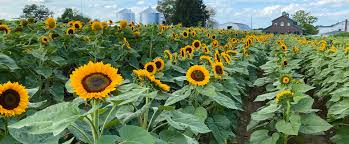
By Abraham Garang
The Russian- Ukraine war’s bites have been felt across Africa, a continent which has been expected by any across the globe to be the food basket of the world because of its vast arable land with fertile soil that only needs efforts and effective use of modern technology in order to produce various types of edible grains.
South Sudan, which is gradually emerging out of civil war, is one of the countries, according to reports, that is going to be hard hit by hunger due to pockets of insecurity in some parts of the country; and the global economic recession brought about by the war in Europe is deemed to add more suffering to its already starving population.
South Sudanese refugees in the neighboring countries are already complaining of inadequate food due to the cutting of food ratios that is attributed to shortage of donor funding. So, the Russian- Ukraine war, funded by donor countries, is expected to badly affect refugee lives across the countries of refuge.
In order to mitigate the anticipated hunger, the refugees have embarked on doubling efforts in tilling the land to supplement the little food they get from the World Food programme (WFP) and its partners.
The activity of farming is carried out either individually or in farming groups made up of 30 members. Mostly an individual can cultivate a quarter of an acre or half, but groups usually plant one acre or more.
Mawa Francis is the Chairperson of a farming group that has been in the business for the last three years planting cash crops such as sesame or sunflower. Mawa told this reporter that in 2019, his group cultivated their rented piece of land with sunflower, which produced 20 bags.
When sold the produce earned them handsomely and the money from the sell is distributed to members according to their participation during the cultivating days in the season.
According to him, this year, they have planted sesame, which he expects to bring forth good yields due to promising rains that have started heavily in the second season, which usually starts from July.
Uganda, the land of sunshine, has two seasons of farming period that commences in March and run up to November Although the Bidibidi area’s soil is mostly a loam rocky soil, the land produces good crops when rains are available.
Suzan Kiden, a refugee who hails from Yei area of South Sudan, is a mother of four who has been consistently cultivating throughout the years she has spent in the settlement. She said her farm, which she rents from a host community friend, helps her provide food for her children as supplement to what her family receives from the UN, which sometimes can’t cover the one-month period. Kiden revealed that last year her farm did well in producing maize and cassava. This season, Kiden has cultivated sesame, sweet potatoes and some groundnuts. Visibly happy Kiden is hopeful that the yields of her farm produce will be good due to plenty of rain



